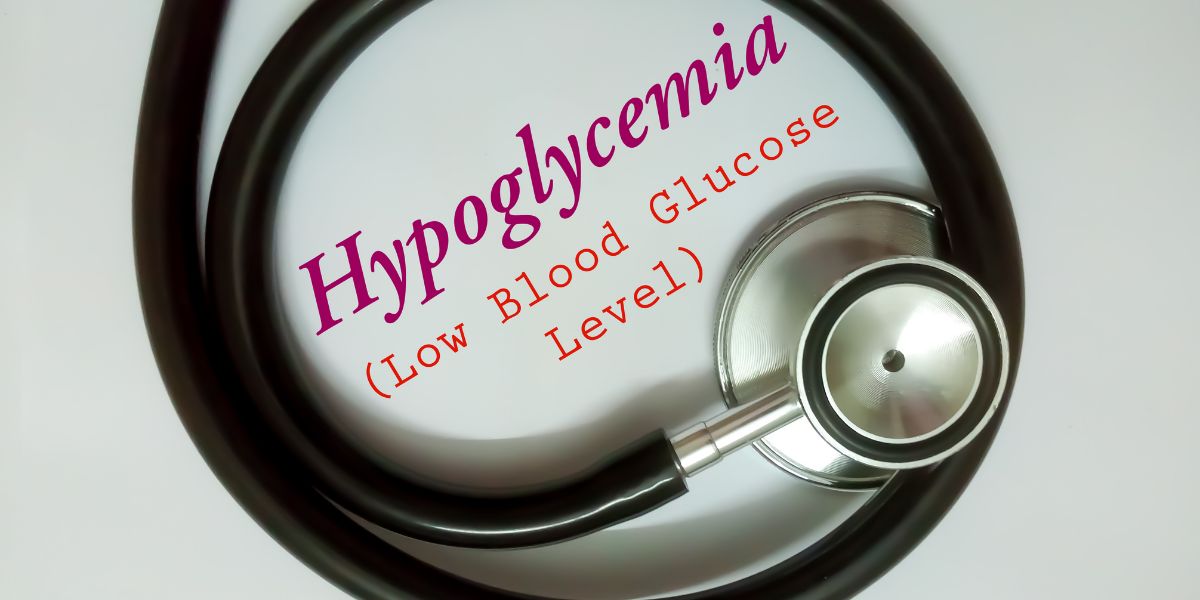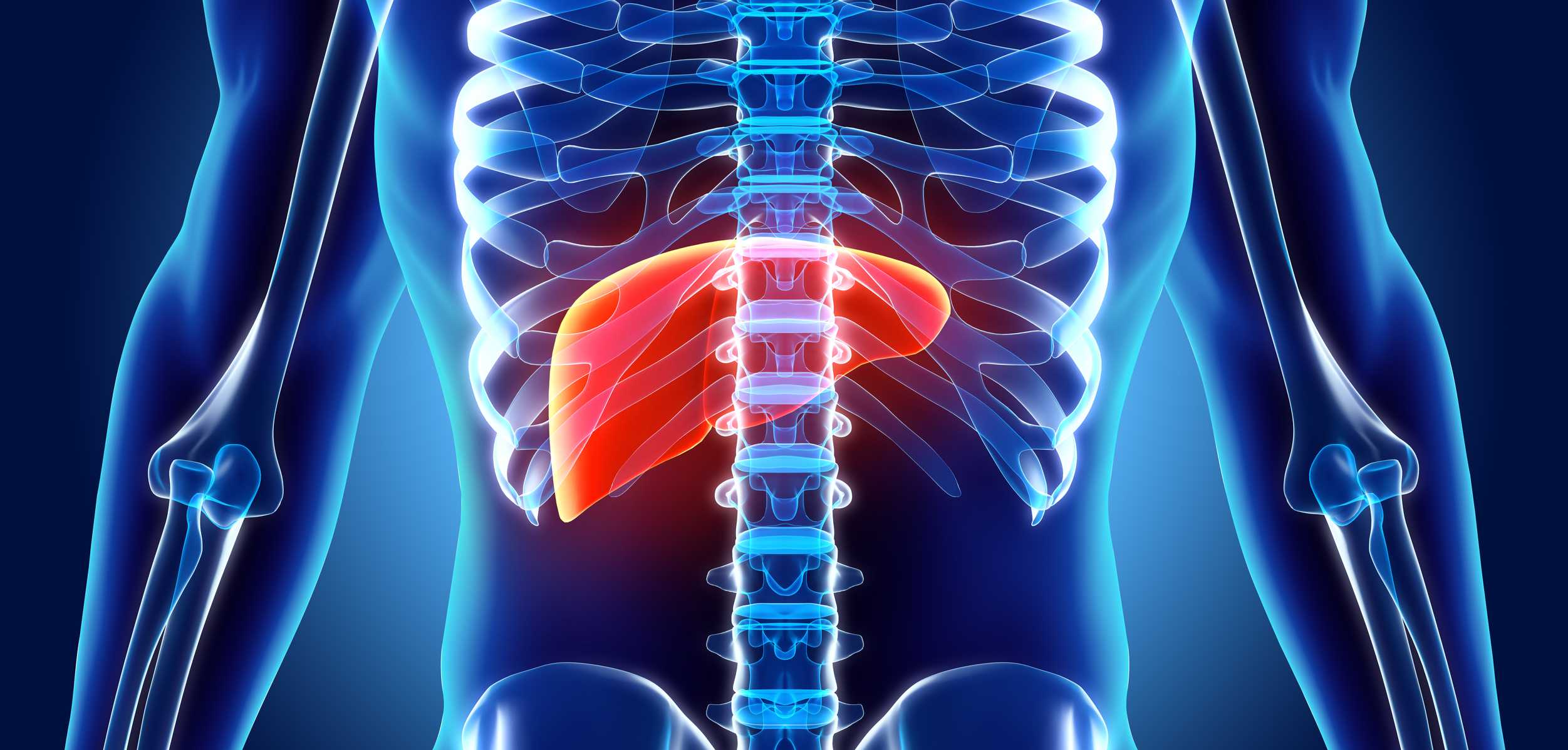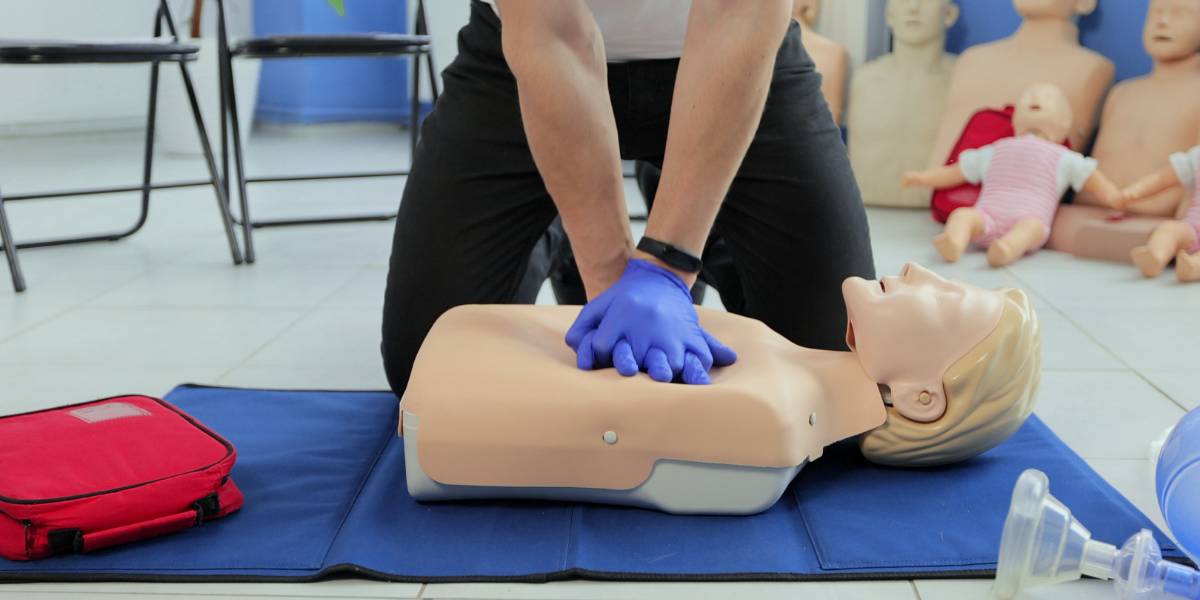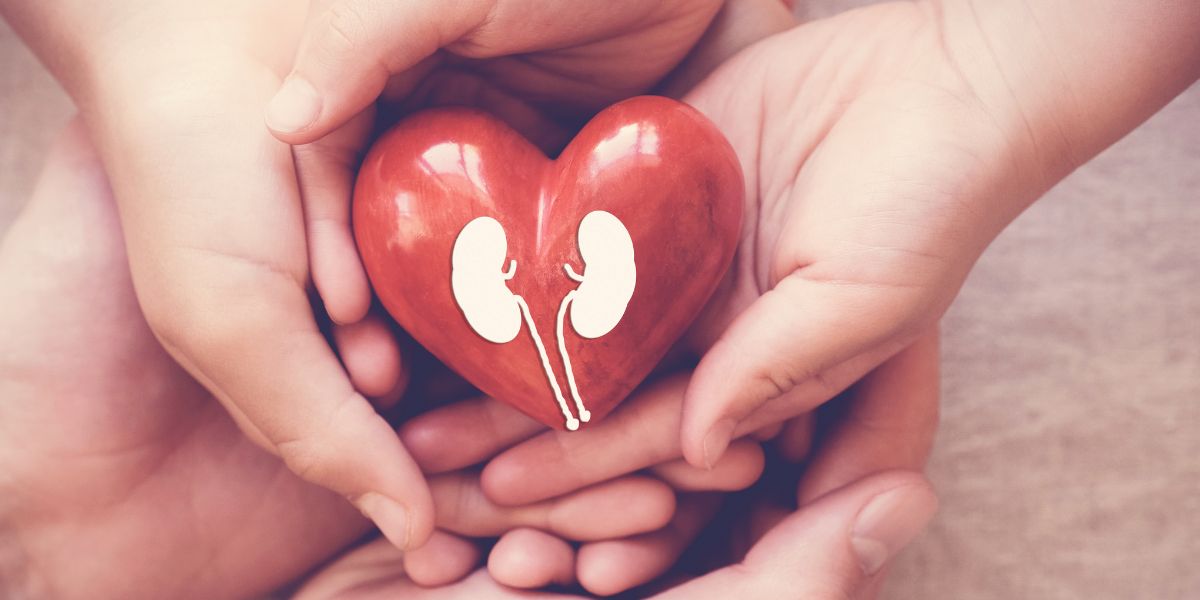Severe hypoglycemia is defined as having low blood glucose levels that requires assistance from another person to treat.
Severe hypoglycemia is classed as a diabetic emergency and is a complication that can occur in people with diabetes that take insulin and certain anti-diabetic tablets.
Symptoms of severe hypoglycemia
Signs of severe hypoglycemia may include:
- Confusion and disorientation
- Convulsions / fitting / seizures
- Intense nightmares whilst asleep
- Loss of consciousness
- Coma
Causes and risk factors of severe hypoglycemia
Severe hypoglycemia in people with diabetes will usually only occur in people on blood glucose lowering medication such as insulin, sulfonylureas or prandial glucose regulators.
Severe hypoglycemia may develop in people taking these medications as a result of:
- A regular meal being missed or delayed
- An overdose medication – read about insulin overdoses
- Exercise being taken without appropriate reduction in medication
- Alcohol being taken
Alcohol, sport and severe hypoglycemia
Because exercise and alcohol are both risk factors for severe hypoglycemia it is advisable not to have alcohol following a sustained period of exercise.
Alcohol prevents the liver from releasing glycoge, which keeps our blood glucose levels from going too low, and so by blocking the release of glycoge, there is a greater chance of hypoglycemia.
Exercise can significantly increase the body’s sensitivity to insulin and therefore the effect of any insulin you inject, or your pancreas produces, will be more powerful. The insulin sensitising effect of exercise can last for up to 48 hours.
The safest option is to avoid alcohol after exercise. If you are dancing during a night out that includes drinking alcohol, be aware of the effects of both alcohol and exercise.
You may need to take carbohydrate before going to bed or you may need to lower your insulin or medication dose if this is possible.
Treating severe hypoglycemia
Treatment for severe hypoglycemia will depend on how conscious the person is.
In some cases, someone with diabetes may recover enough to be able to treat the hypo themselves. This may be the case following a seizure.
However, this may not always be the case and therefore it’s best to treat severe hypoglycemia as an emergency.
If you know how to administer glucagon via a glucagon injection kit, this is a safe and effective way to raise blood glucose levels of someone suffering from a severe hypo. If you administer glucagon, ensure the person is in the recovery position as glucagon can lead to vomiting.
If you do not have access to glucagon, call for emergency assistance (999 in the UK) and have a form of sugar (including fruit juice, a sugary drink, glucose tablets or sweets) available in case they recover.
If someone experiencing hypoglycemia is having a seizure or is unconscious, do not attempt to feed them as this could present a risk of choking.
Preventing severe hypoglycemia
Following the tips below can be helpful in avoiding severe hypoglycemia from taking place:
- Don’t get distracted between injecting and having a meal
- Have a form of carbohydrate, such as bread, if a meal is delayed
- Reduce your insulin or take more carbohydrate for a period of up to 48 hours following exercise
- Don’t drink alcohol following exercise
- Test your blood glucose regularly after exercise
- Test your blood glucose more regularly than normal if you are struggling to recognise when you are hypo
Hypo awareness and severe hypos
If you struggle to recognise when your blood glucose levels are low, there is an increased chance of developing severe hypoglycemia as you may not notice you are hypo until more severe symptoms take place.
If you have lost hypo awareness, it’s important to test more regularly than usual. It’s also advisable to keep your blood glucose levels at a slightly higher level until your hypo awareness improves.
- Read more on hypo awareness
Severe hypoglycemia and driving
An episode of severe hypoglycemia whilst driving is very dangerous and can cause fatal accidents in some cases.
As a result, the DVLA will not renew licenses for people that have experienced recurrent severe hypoglycemia in the past 12 months.
Recurrent severe hypoglycemmia is defined as having more than one episode of hypoglycemia requiring the assistance of someone else.
If you have lost your hypo awareness and are therefore unable to recognise the signs of hypoglycemia, you should inform the DVLA. You will not be able to drive until your hypo awareness has returned and your doctors can confirm this.
Whilst you may be reluctant to inform the DVLA, it is much better not to drive than to put yourself and others at risk.
- Read more on hypos and driving







